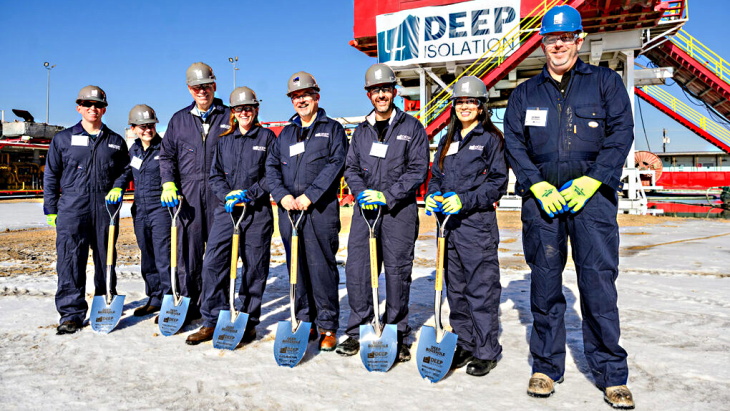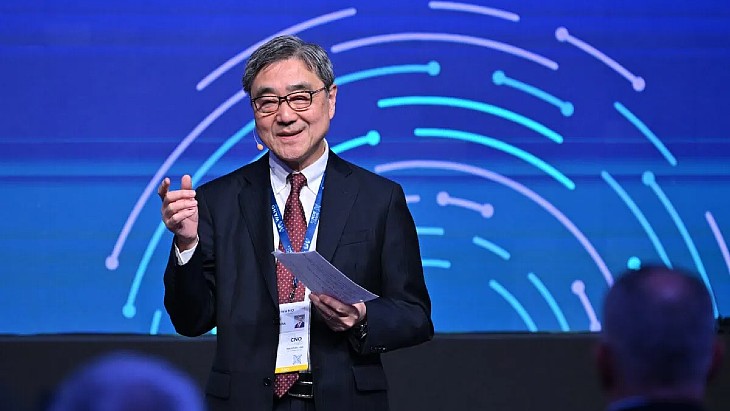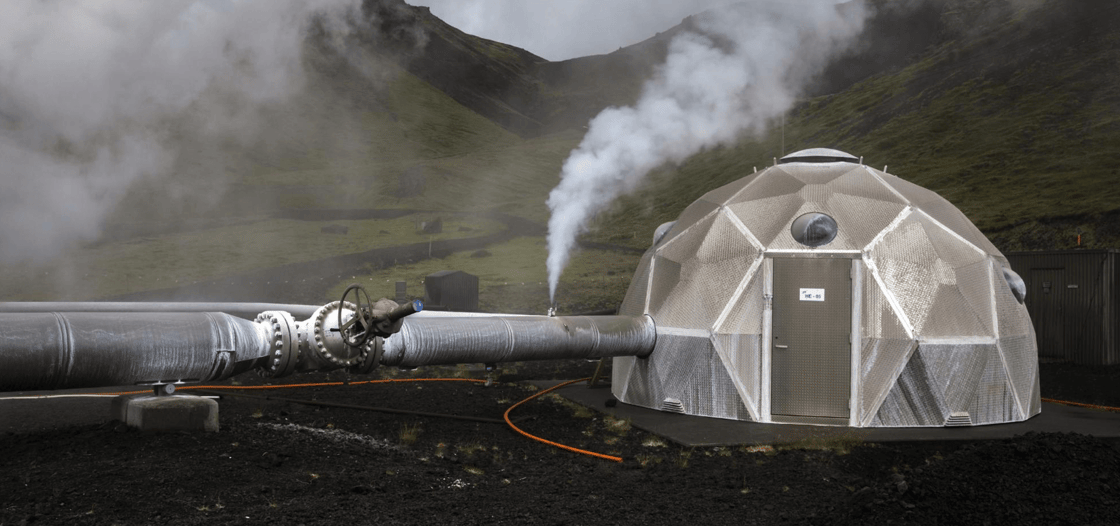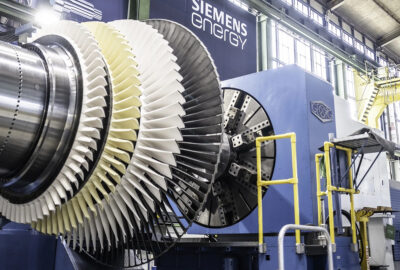Monday, 2 December 2024
_11531.jpg)
Generic Design Assessment (GDA) is a process carried out by the Office for Nuclear Regulation (ONR) and the Environment Agency (EA) – and where applicable Natural Resources Wales – to assess the safety, security, and environmental protection aspects of a nuclear power plant design that is intended to be deployed in Great Britain. Successful completion of the GDA culminates in the issue of a Design Acceptance Confirmation from the ONR and a Statement of Design Acceptability from the EA. In May 2021, BEIS opened the GDA process to advanced nuclear technologies, including small modular reactors (SMRs).
Newcleo has now applied for a GDA of its commercial-scale 200 MWe lead-cooled fast reactor (LFR). It said it aims to complete a two-step GDA with the ONR and EA, including a fundamental assessment of its technology by the regulators. Subject to acceptance by the UK Department of Energy Security and Net Zero (DESNZ), the GDA would take around two years, starting in early 2025.
“This application reflects the immense progress that Newcleo Group has made both in the growth of their global capability as well as the advancement of their research, development, and design activities,” the company said. It noted that it becomes the only advanced modular reactor developer to submit applications for both GDA and Regulatory Justification Decision in the UK.
In April this year, the Nuclear Industry Association applied to the UK government for a justification decision for Newcleo’s LFR-AS-200. Such a decision is required for the operation of a new nuclear technology in the country.
The first step of Paris-headquartered Newcleo’s delivery roadmap will be the design and construction of the first-of-a-kind 30 MWe lead-cooled fast reactor to be deployed in France by 2030, followed by a 200 MWe commercial unit in the UK by 2033.
At the same time, Newcleo will directly invest in a mixed uranium/plutonium oxide (MOX) plant to fuel its reactors. In June 2022, Newcleo announced it had contracted France’s Orano for feasibility studies on the establishment of a MOX production plant.
In October, the European Commission selected nine small modular reactor projects – including Newcleo’s LFR – in the initial round of applications to form Project Working Groups under the European Industrial Alliance on SMRs.
“We are delighted to be able to proceed with this next step of Newcleo’s journey in the UK,” said Newcleo CEO Stefano Buono. “Thanks to our growth as a global team, our lead-cooled fast reactor design has reached new levels of maturity, as has our confidence in the continued development and refinement of our technologies.
“New nuclear technologies have an immense potential to play a significant role in the decarbonisation of the UK’s energy mix as well its energy security, and we are excited to demonstrate what Newcleo can bring to this challenge. We look forward to the prospect of working with the relevant authorities and regulators throughout the GDA process.”
Stéphane Calpena, global licensing and nuclear safety director at Newcleo, added: “This GDA submission in the UK follows 18 months of intensive technical discussions with the French regulator and international experts about the Newcleo LFR design, the MOX manufacturing plant design along with their related safety options. These moves in the UK and France reflects our continued commitment to deployment in France, in the UK, as well as our interest in sharing our technology and its advantages elsewhere across Europe.”
Generic Design Assessments have previously been completed for the EDF/Areva UK EPR, the Westinghouse AP1000, the Hitachi-GE UK ABWR and the CGN/EDF/GNI UK HPR1000 designs. A GDA assessment is currently ongoing for Rolls-Royce SMR Limited’s small modular reactor design, GE Hitachi Nuclear Energy’s BWRX-300 and Holtec International’s SMR-300. In August, Westinghouse’s AP300 was accepted for a GDA review.













